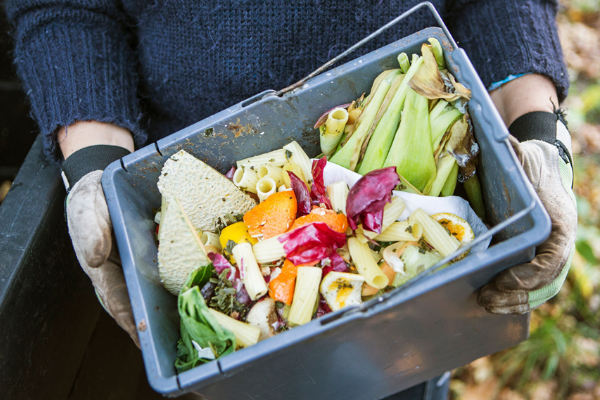How new consumer behaviours will change how we think about our food supply
Our world is changing in ways we have yet fully to realise, from how governments work to how consumers behave. At The Value Engineers, we’re observing behaviour changes in our own lives and considering the impact they may have long term. Here’s one observation from us. What’s changing in your life?
What I used to do:
As a mom there are several messages I want to send to my children about food. An important one is an appreciation for the human and environmental effort required to produce the food we eat. As any parent knows, children don’t eat everything you put in front of them; over the years I have felt so guilty about the food my family wastes. One of my new year resolutions was to reduce our food waste and start composting. Like all good resolutions, this hasn’t happened.
What I now do:
In our house we now have a policy of zero food waste. If one of my children leaves even a few bites on their plate, I put it in a glass jar and save it. We are using resealable cups to ensure that any milk left over is enjoyed the next day. In addition, the lockdown means less activities (yay!) and more time at home to plan for meals and get our children involved in cooking, which increases the likelihood that they will eat the food prepared. We’ve also cleared a spot in the yard for that composting bin.
How could the category change in the future:
The current situation has made us more mindful about our food supply and we have a greater appreciation for the food we have. We anticipate the following three shifts in the category:
A greater emphasis on minimising household food waste: 40 percent of the food that is produced in the U.S. every year is wasted and the average American family loses over $2,200 a year on food waste. Consumers will reward brands that help stretch foods or deliver innovations (e.g. tailored reusable containers designed to stretch product) that keep foods fresher longer. Unilever’s “best before, often good after” approach to food labelling will become mainstream.
Championing the art of improvisation: As we are forced to be less rigid in our cooking, we are exploring ways to substitute and use what’s in the house. This week Sam Sifton of the New York Times encouraged readers to discover “a strange new joy in preparing food now, in delighting at the challenge of cooking with what you have.” Versatile products (i.e. key ingredients used across many dishes or re-framing a product in terms of the role it can play in a dish – think of Salt, Fat, Acid, Heat by Samin Nosrat) will become a staple in the kitchen and part of the family meal repertoire.
‘Trash Cooking’ becoming mainstream: The source of dishes that have stood the test of time, think bouillabaisse, come from ingredients that were traditionally seen as trash. To push head to tail cooking and sustainability, chefs are educating the public on how to make the most of our food. As we become more motivated to use the entirety of a product, we will take pride in showcasing new applications of scraps, enter David Chang’s re-potted scallions.


